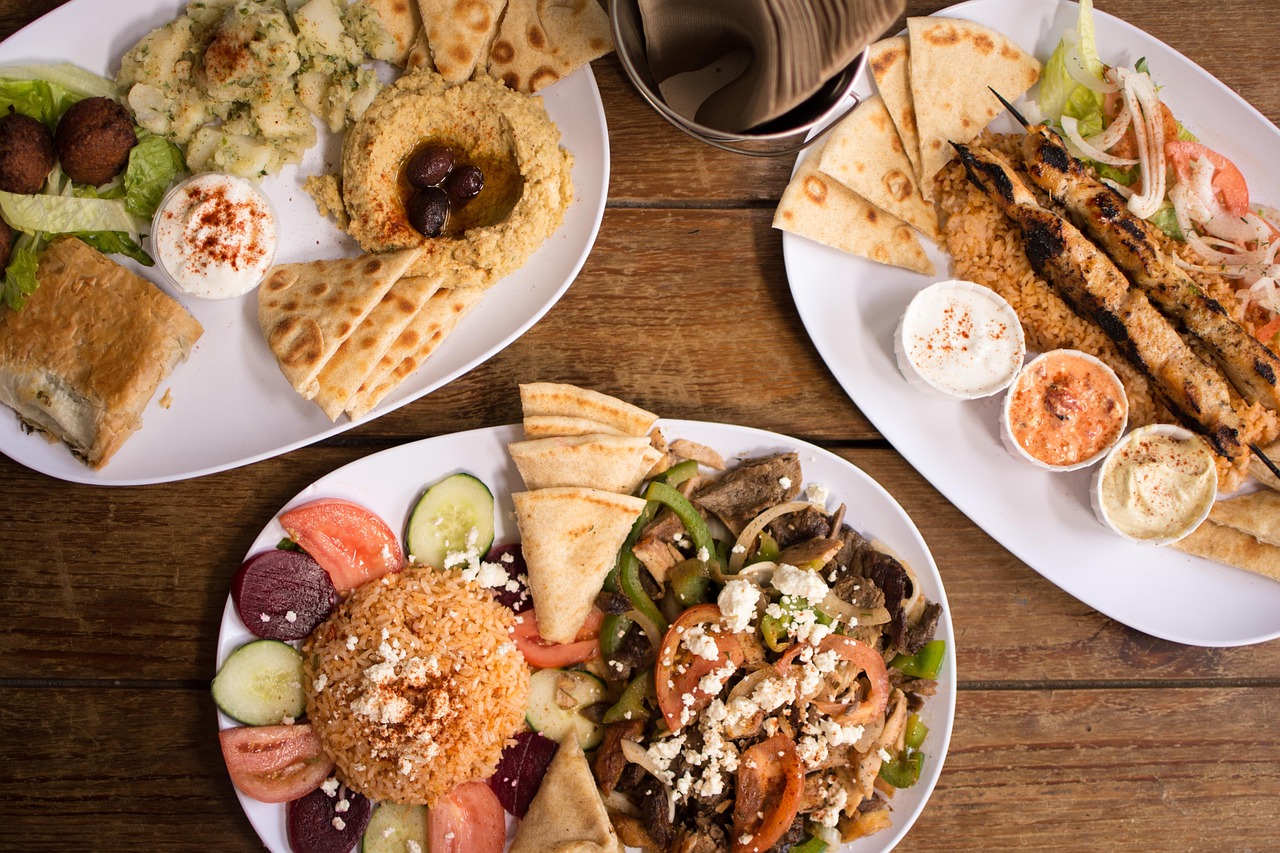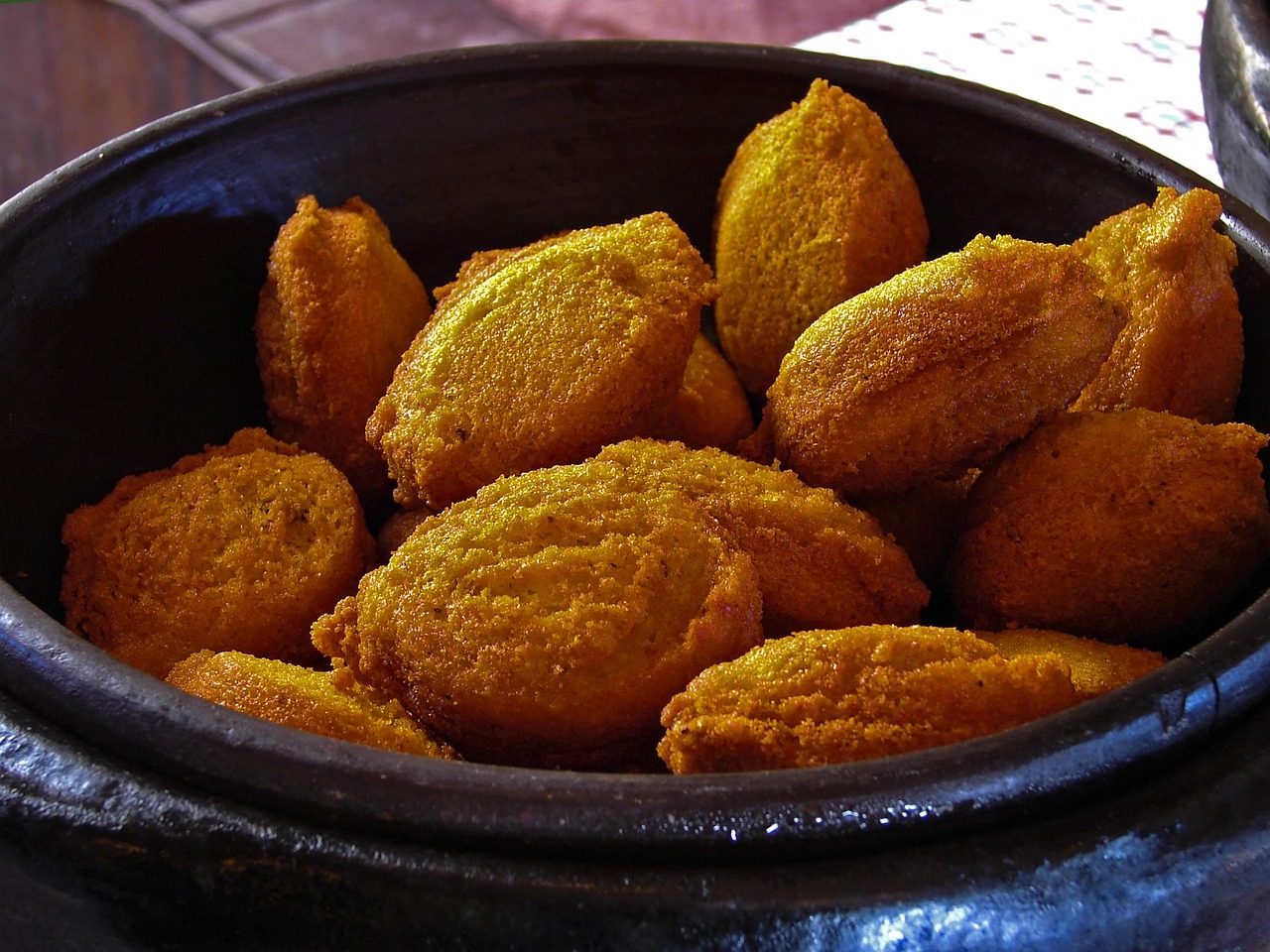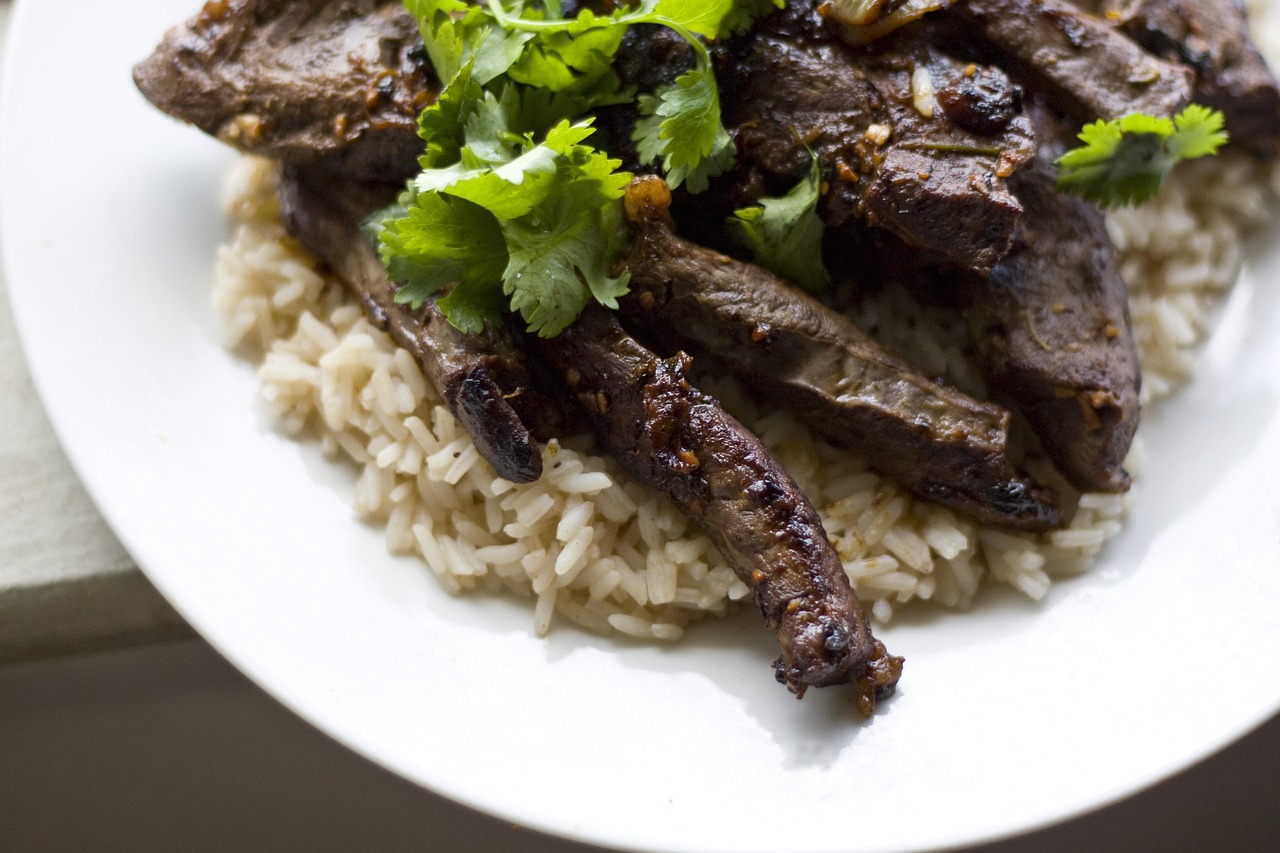A Culinary Journey:Exploring the Rich Tapestry of Food Culture Festivals in High School
Introduction
The world of gastronomy is a vast and diverse one, with each culture offering its unique flavors, techniques, and traditions. High schools, being microcosms of society, are the perfect environment to introduce students to the global tapestry of food culture. This essay delves into the concept of a high school food culture festival, exploring its significance, the educational opportunities it presents, and the potential impact it can have on students' understanding of the world around them.
The Significance of a Food Culture Festival
A food culture festival in a high school setting is more than just a culinary event; it is an educational experience that transcends the classroom. It is an opportunity for students to learn about different cultures through the lens of food, which is often a central aspect of any society. By organizing a food culture festival, schools can foster an environment of inclusivity and diversity, where students can share and celebrate their heritage while learning about others.
The Educational Opportunities
Cultural Understanding
One of the primary benefits of a food culture festival is the chance for students to gain a deeper understanding of different cultures. Through the preparation and presentation of traditional dishes, students can learn about the history, geography, and social customs of various regions. This hands-on approach to learning can make the study of history and social studies more engaging and meaningful.
Language Skills
In the process of researching and preparing for the festival, students often need to communicate with native speakers or read materials in foreign languages. This can help improve their language skills, especially if they are studying a foreign language as part of their curriculum. The festival can serve as a practical application of the language skills they have been learning in class.
Culinary Arts Education
A food culture festival can also be an introduction to culinary arts for students who might be interested in pursuing a career in the food industry. They can learn about different cooking techniques, food safety, and presentation skills. This practical experience can be invaluable for students considering a future in culinary arts or hospitality.
Teamwork and Collaboration

Organizing a food culture festival requires teamwork and collaboration. Students must work together to plan the event, prepare the food, and manage the logistics. This can help develop their leadership and teamwork skills, which are essential in any professional setting.
Nutritional Education
A food culture festival can also be an opportunity to educate students about the importance of a balanced diet and the nutritional value of different foods. By showcasing a variety of dishes from around the world, students can learn about the benefits of diverse food choices and how to incorporate them into a healthy diet.
The Impact on Students
Broadening Perspectives
Exposure to different food cultures can help students broaden their perspectives and develop a more open-minded approach to the world. They can learn to appreciate the diversity of human experiences and understand that there is more than one way to live and eat.
Building Tolerance and Respect
By engaging with different food cultures, students can develop a greater tolerance and respect for other cultures. This can help combat stereotypes and prejudices and promote a more harmonious and inclusive school environment.
Enhancing Social Skills
Participating in a food culture festival can help students enhance their social skills. They can learn how to interact with people from different backgrounds, which can be beneficial in their future personal and professional lives.
Encouraging Entrepreneurial Spirit
For some students, a food culture festival can be the spark that ignites an entrepreneurial spirit. They might be inspired to start their own food business or pursue a career in the food industry.
Fostering a Love for Travel
Experiencing different cuisines can inspire students to travel and explore the world. It can ignite a curiosity about other cultures and a desire to experience them firsthand.
Case Studies and Examples
To illustrate the potential of a food culture festival, let's consider a few examples from schools around the world:
International High School in New York
At the International High School in New York, the annual "Taste of the World" festival brings together students from over 50 different countries. Each student group prepares traditional dishes from their home country, and the school's cafeteria is transformed into a global food market. This event not only celebrates diversity but also raises funds for the school's scholarship program.
Green Valley High School in California
Green Valley High School in California hosts a "Culinary Quest" festival that focuses on sustainability and local ingredients. Students work with local farmers and chefs to create dishes that highlight the region's produce. This event educates students about the importance of supporting local agriculture and the environmental impact of their food choices.
Global Gourmet Festival in London
At a high school in London, the "Global Gourmet" festival is a week-long event that includes cooking classes, food tastings, and a grand finale dinner where students serve their dishes to the school community. This festival has been so successful that it has expanded to include a sister event at a local community center, promoting intergenerational learning and community engagement.
Conclusion
A food culture festival in high school is a powerful educational tool that can enrich students' learning experiences and broaden their horizons. It is an opportunity to celebrate diversity, learn about different cultures, and develop important life skills. By engaging with the world of food, students can gain a deeper understanding of the global community and their place within it. As schools continue to seek innovative ways to educate and inspire their students, the food culture festival stands out as a delicious and effective approach to learning.











